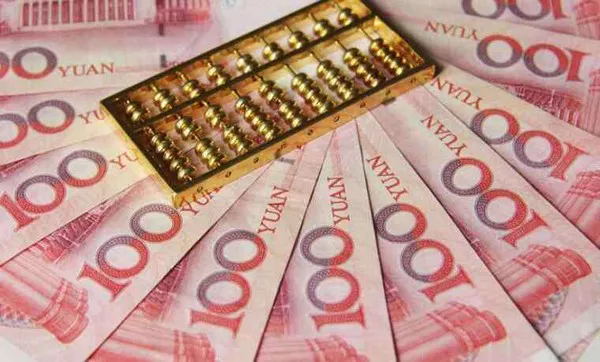Today’s society is one big family, and the economic development between the two countries is becoming increasingly intertwined.
The change of the exchange rate of a country promotes the economic development of part or all of the foreign market. Then what are the influences of the exchange rate change on the domestic economy?
When a currency is tight, its exchange rate rises; conversely, it lands.
The factors that harm the change of currency supply and demand are the factors that harm the lax exchange rate. The key factors are: surplus situation, deflation, annual interest rate level, current exchange rate policy, serious international relations and information content, psychological state, speculative and other factors.
Generally speaking, a country has good economic development, strong overall strength of economic development and good surplus, so its currency is solid and the exchange rate is stable.
On the contrary, it will lead to a weak domestic currency and a lax exchange rate.
Exchange rate is a key bridge connecting the product sales market and financial system of all countries in the world. Due to the harm of various factors, exchange rate often changes, including the devaluation and appreciation of the national currency.
Exchange rate changes, if the country’s currency devaluation, harm to economic development: 1. Currency devaluation harm to surplus: (1) Currency devaluation has an impact on import and export earnings.
The devaluation of a country’s currency reduces the price of the country’s products relative to foreign goods, which makes overseas people raise their requirements for the country’s products and the country’s households lower their requirements for foreign goods, thus benefiting the country’s exports and reducing imports.
The relative development of the purchasing power of foreign currency, devaluation of the country’s products, labor companies, transportation, hotel accommodation and other costs relatively cheap, is beneficial to digest and absorb foreign tourists, expand the development of tourism, promote the employment of students and the improvement of the gross national product.
(2) Currency depreciation is also harmful to international asset themed activities.
If devaluations tend to be frequent, people may move assets from one country to another, triggering capital outflows.
2. Harm of currency devaluation to China’s economic development: (1) After currency devaluation, a country’s trade earnings will often be improved, and the proportion of export units in the whole economic system will expand, thus developing the country’s expanded opening level, and a large number of commodities can compete with overseas commodity markets.
(2) The devaluation of the local currency is also harmful to the price level.
On the one hand, the expansion of exports raises the demand to drive up the price level;
On the other hand, after the development of China’s consumer costs drive up the price level, the damage of currency depreciation to the price level will gradually expand to all products, easy to cause deflation.
Exchange rate changes, if the country’s currency appreciates, harm to economic development:
After the currency of a country increases in value (upward), and this kind of currency obtains a large number of other countries’ currencies and purchases a large number of other countries’ products, the credibility of this kind of currency and the economic development of this country will also develop along with the development. In addition, this kind of currency is conducive to paying off debts, making the local currency become an international universal currency and creating gold utility in foreign markets.
Despite this benefit, it is generally difficult for any country to appreciate its currency until it is forced to do so, because this can have some serious consequences for a country.
For example: ¢Ù After the currency appreciation, the price of export products develops and the price of import products decreases relatively, which will lead to the decrease of export and the increase of import, which will cause bad harm to the surplus.
(2) Currency appreciation worsens a country’s export trade environment, resulting in the landing of Chinese consumption, the increase of layoffs, and the aggravation of contradictions in China.
(3) Worsening deflation.
As the price of imported products falls due to the appreciation of the local currency, the Chinese industry will also play an exemplary role in the price landing.
The export decreases due to the increase in value of money, and the demand for products of export companies shrinks and the price drops, which will finally push the all-round decline of China’s price level.
(4) The value of the country’s currency, so that the country’s foreign exchange reserves or transferred from abroad to the assets, the cost of the country’s currency calculation, also relatively reduced, not conducive to attracting foreign investment.
An effective and stable exchange rate is essential for global stability. In the long run, strong exchange rate changes have been more beneficial to a country’s economic development than to it. They always produce speculative individual behaviors and hinder the progress of the country.




























